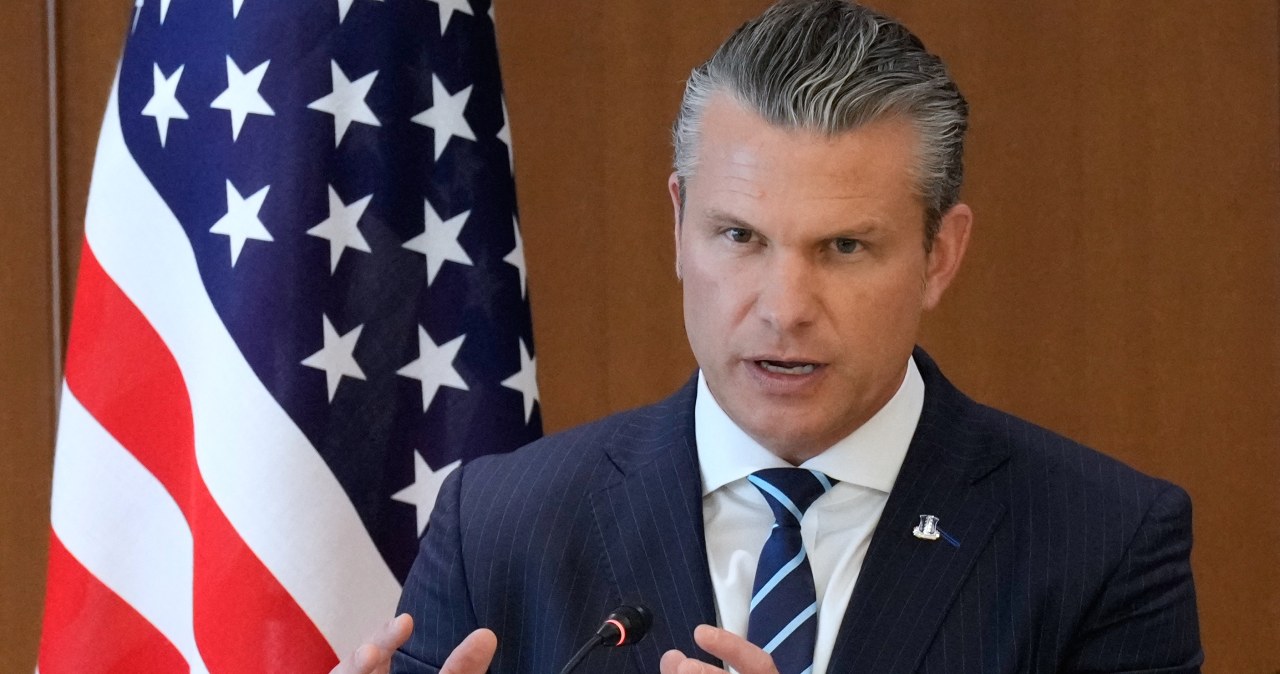
LA County To Extend Guaranteed-Income Plan To 2,000 Foster Dependents
Via City News Service,
The Board of Supervisors voted Aug. 6 to expand its “Breathe” guaranteed-income program to provide financial stipends to more than 2,000 non-minor dependents in the foster care system.

Holly Mitchell, a member of the Los Angeles County Board of Supervisors, speaks to the media in Los Angeles on April 1, 2021. (Patrick T. Fallon/AFP via Getty Images)
In addition to the stipends, the foster dependents will also have access to career and education counseling, financial empowerment training, housing and other programs as recommended by the Department of Consumer and Business Affairs’ Center for Financial Empowerment.
The Breathe guaranteed income program began as a pilot project in March 2022, providing monthly $1,000 payments to 1,000 in-need residents.
Last year, the board agreed to expand the program to include 200 former foster care youth adjusting to life outside the system.
“While Breathe’s initial expansion supports 200 former foster youth, the continued support of transitioning foster youth can provide essential financial stability during such a critical and pivotal time in their lives where data has demonstrated the risks youth exiting care face, including homelessness to justice system involvement,” according to a motion by Supervisor Holly Mitchell.
According to the motion, funding to expand the program is available through the state’s Flexible Family Support funding. The FFS funding requires that recipients use the money for specific purposes, defined as “extracurricular and enrichment activities that are designed to enhance the foster child or non-minor dependant’s skills, abilities, self-esteem, relationships, and overall well-being and healing.’’
Noting that L.A. County is home to the largest population of youth living in foster care, Mitchell on Tuesday called guaranteed income a “powerful and effective way to truly disrupt poverty.’’
Supervisor Lindsey Horvath also spoke out in favor of the idea, saying foster youth often have the worst outcomes when transitioning out of the system, including homelessness, dropping out of schools, poor health and poverty.
“By offering financial support combined with career and education counseling, financial literacy, housing and benefit access support, we‘ll begin to provide stable transition out of care,’’ Horvath said.
The expansion will provide support to two groups of people in the foster system between ages 18 and 21:
— The first group will be 1,000 people aged 18 and 19, providing them $500 monthly stipends for 18 months, along with access to career and education counseling, financial empowerment training, and other supportive services.
— The second group will be 1,000 individuals between ages 19 and 21 who are likely to age out of foster care during the 18-month program, providing them with $1,500 quarterly stipends, with the final payment provided in the quarter in which the person turns 21. They would also be provided access to counseling and other supportive services.
To enact the expansion, the board approved through the motion a $4 million increase to a contract with Strength Based Community Change— the program administrator– which will also evaluate the program’s impact and how recipients are using the funds.
It also backed a roughly $15 million expansion in the contract with MoCaFi, which distributes the debit cards used in the program and also distributes the stipends to those cards, to cover the costs of the payments.
Tyler Durden
Thu, 08/08/2024 – 17:00

 1 rok temu
1 rok temu














